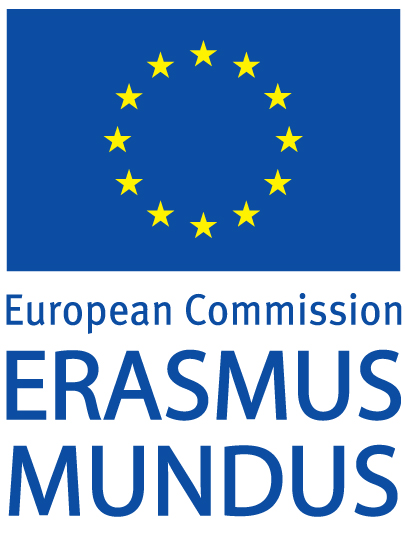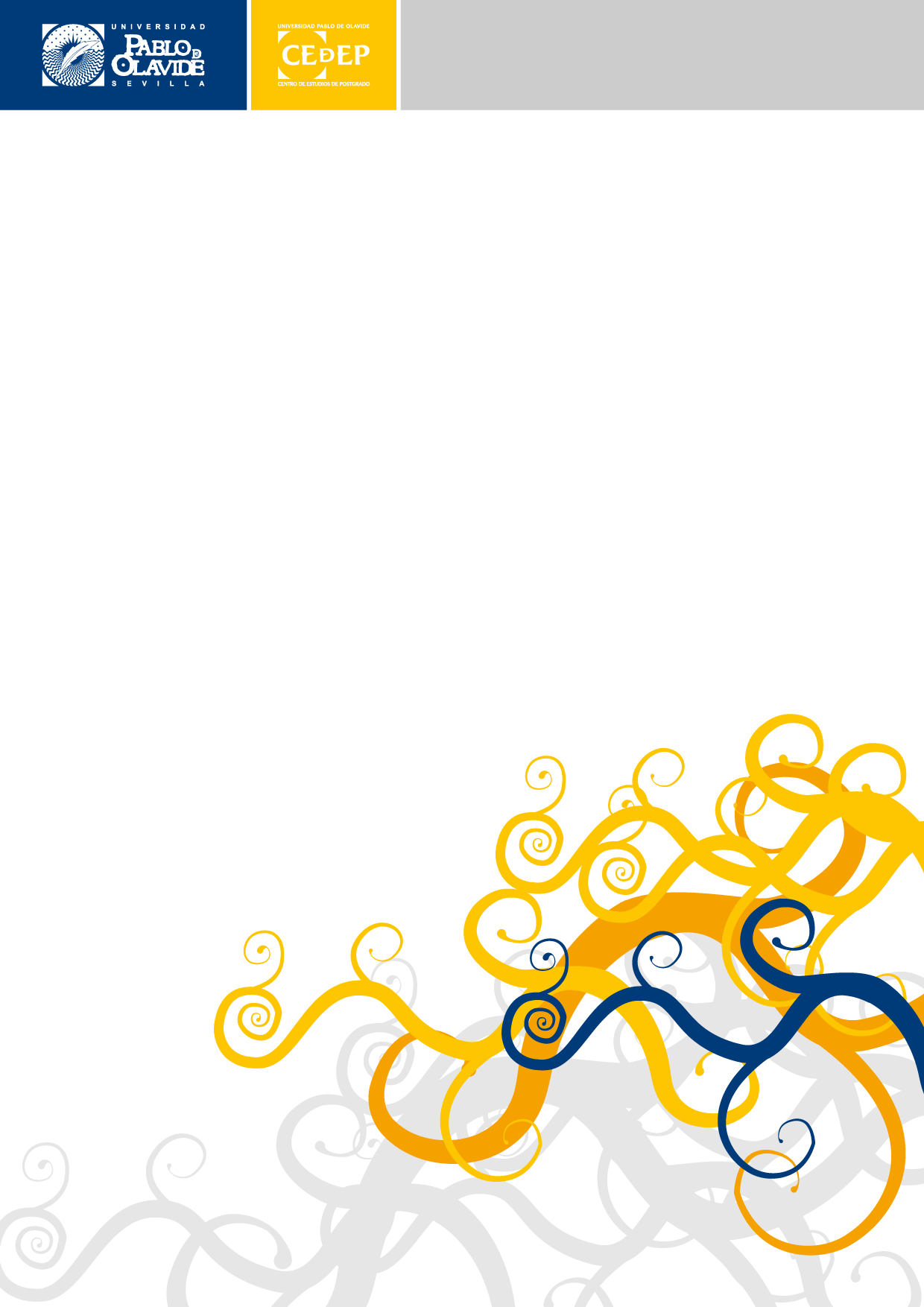3 PERMANENT COUNCIL OF THE OEASERG ORGANIZATION
0 CONSEJO PERMANENTE DE LA OEASERG ORGANIZACIÓN0 CONSEJO PERMANENTE DE LA OEASERG ORGANIZACIÓN
0 CONSEJO PERMANENTE DE LA OEASERKXVI ORGANIZACIÓN
0 PERMANENT COUNCIL OF THE OEASERG ORGANIZATION
0 PERMANENT COUNCIL OF THE OEASERKXVI ORGANIZATION
17 CI122RREV PREMIÈRE COMMISSION PERMANENTE CI122RREV PAIX
-
PERMANENT COUNCIL OF THE OEA/Ser.G
ORGANIZATION OF AMERICAN STATES CP/CAJP-2656/08 rev. 2
21 November 2008
COMMITTEE ON JURIDICAL AND POLITICAL AFFAIRS Original: English
_________________________________________________________________________________
CURRICULUM
THIRD COURSE ON INTERNATIONAL HUMANITARIAN LAW
OF THE COMMITTEE ON JURIDICAL AND POLITICAL AFFAIRS (CAJP)
[AG/RES. 2433 (XXXVIII-O/08)]
Date: December 4, 2008
Washington, D.C.
Simón Bolívar Room
General Assembly resolution AG/RES. 2433 (XXXVIII-O/08) “Promotion of International Humanitarian Law,” requires that the OAS Office of International Law, in coordination with the International Committee of the Red Cross (ICRC), organize a third course on international humanitarian law (IHL) for staff of the permanent missions and the General Secretariat, and other students of the subject.
This third course will last one day and cover the two topics of principal importance on IHL, the Means and Methods of Warfare (including Cluster Munitions) and the use of Private Military/Security Companies in situations of armed conflict. It will comprise the following modules:
Registration: 8:30 a.m. – 9:30 a.m.
I. Opening Remarks and Structure of the Course:
9:30 a.m. – 10:00 a.m.
Introduction to International Humanitarian Law (IHL)
10:00 a.m. – 11:00 a.m.
Professor: Juan Carlos Sainz
Visiting Professor
American University – Washington College of Law
Washington, D.C.
Basic introduction to the set of norms applicable in times of armed conflict and designed to protect people who are not, or no longer, participating in hostilities, as well as to limit the means and methods of warfare.
III. PART ONE – The Means and Methods of Warfare:
11:00 a.m. – 12:30 p.m.
Professor: Thomas B. Heinemann
Attorney-Adviser – Political-Military Section
Legal Adviser’s Office, United States Department of State
Washington, D.C.
2:00 p.m. – 3:00 p.m.
Romaric Ferraro
Legal Advisor
Regional Delegation for Mexico, Central America and the Spanish-Speaking Caribbean
International Committee of the Red Cross
Mexico City
Weapons are an integral feature of every war and the use of weapons is as old as war itself. States hold ultimate responsibility for weapons and determine their development and use. Yet states that are part of an armed conflict are not free to choose the weapons and conduct of military operations by which they wage war. Nowadays, the means and methods of warfare are restricted by a network of conventions, protocols, and declarations, and by the customary rules of the law of war. In the absence of a particular rule of international law dealing with a specific weapon, its use is governed by the general principles of international humanitarian law. Under modern law, weapons and strategies and tactics used should not be of a nature to cause greater injury or suffering than is necessary for military purposes; military objectives and civilians or civilian property should not be struck without distinction; and no widespread, long-term, and severe damage should be caused to the natural environment. Specifically, the methods of warfare are circumscribed, forbidding, for example, the use of terror, famine, reprisals against protected persons and objects, pillage, taking of hostages, etc.
This part of the course will address the following major questions: What weapons are allowed in warfare? What, if any, restrictions limit their use in armed conflict? What are the legal sources for the prohibitions and restrictions placed on weapons and on methods aimed at securing military victory? How are rules regarding means and methods of warfare enforced, and can violations thereof be prevented? Particular weapons, including cluster munitions, anti-vehicle mines, and “non-lethal weapons,” will serve to illustrate the principles and rules applicable to means of warfare.
IV. PART TWO – Private Military/Security Companies:
3:00 p.m. – 4:30 p.m.
Professor: Andrea Bosshard Kononov
First Secretary, Legal and Political Affairs
Embassy of Switzerland
Washington, D.C.
Personnel hired to provide military services have often been present in armed conflicts. During the 1960s and 1970s, this situation had been mainly associated with covert, mercenary activity, and led to the adoption of legal provisions limiting their use. Recently, however, companies have emerged to serve states, multinational corporations, and international organizations in a range of capacities. In armed conflict, international humanitarian law regulates the activities of these companies and the responsibilities of states that hire them. The law also places obligations on the governments of countries where private military/security companies are registered or incorporated, and where they operate. National regulation, however, is still rare. States have a role to play first as contractors. Considered selection, contracting, and oversight procedures and standards may help promote respect for international law by companies and their staff. Also, territorial and exporting states may consider adopting regulations to increase control and promote accountability.
V
5:00 p.m. – 5:15 p.m.
2 CONSEIL PERMANENT DE OEASERG L’ORGANISATION DES
2 CONSEJO PERMANENTE DE LA OEASER G
2 CONSEJO PERMANENTE DE LA OEASERG ORGANIZACIÓN
Tags: council of, council, permanent, oeaserg, organization
- MENÚ NOVEMBRE ESCOLA BRESSOL 2013 DILLUNS DIA 4 DIMARTS
- ЗАКОН О ЗАШТИТИ И ДОБРОБИТИ ЖИВОТИЊА I ОСНОВНЕ ОДРЕДБЕ
- MODELO RECOMENDADO POR EL REGISTRO DE COOPERATIVAS PARA MICROCOOPERATIVAS
- PRIJEDLOG REPUBLIKA HRVATSKA ZAGREBAČKA ŽUPANIJA OPĆINA STUPNIK
- ŽASLIŲ KULTŪROS CENTRAS BIRŽELIO MĖNESIS DATA LAIKAS RENGINYS VIETA
- EMERGENCY NOTIFICATIONS SCRIPTS THE FOLLOWING PROPOSED SCRIPTS FOR EMERGENCY
- HANDOUTS IDENTIFYING KEY IDEAS IN LECTURES INTRODUCTION IN THIS
- JOB DESCRIPTION AND SELECTION CRITERIA JOB TITLE TISSUE
- SIMBOLOGÍA ELÉCTRICA ÍNDICE 1 NORMA UNEEN 60617 (IEC 60617)
- BEOORDELINGSFORMULIER EINDPRESENTATIE LVS 1 BIJLAGE E1 STUDENT DIE PRESENTEERT
- PREIZKUŠANJE ELEKTRIÈNIH STROJEV LABORATORIJ ZA ELEKTRIÈNE STROJE 1BESEDILO NALOGE
- АДМИНИСТРАЦИЯ ПЛАСТОВСКОГО МУНИЦИПАЛЬНОГО РАЙОНА РАСПОРЯЖЕНИЕ «29» 12 2014 Г
- SHIRE OF PERENJORI PERENJORI PUBLIC BENEFIT TRUST GRANT ACQUITTAL
- POWERPLUSWATERMARKOBJECT10378826 N DE E DE CONFORMIDAD CON EL ARTÍCULO
- ALL CORRESPONDENCE TO MEAT & LIVESTOCK AUSTRALIA LIMITED ABN
- 61621 SUPREME COURT OF CALIFORNIA RESULTS FROM THE PETITION
- ZAKON O RADU ZAKON JE OBJAVLJEN U SLUŽBENOM LISTU
- ADRESSEN & TELEFOONNUMMERS VOOR WAARNEMING NA 1700 UUR IN
- INFORMATION ON AGRICULTURAL SOILS IN FINLAND SUMMARY AGROGEOLOGICAL
- MATEMÁTICAS ESO VÍDEOS DIDÁCTICOS CURSO 20034 FIBONACCI LA MAGIA
- CONVOCATÒRIA DEL PROCÉS SELECTIU PER L’ESTABILITZACIÓ DE 12 PLACES
- MATIČNI PODACI VATROGASNIH ORGANIZACIJA ZA OSIGURAVAJUĆA DRUŠTVA RB NAZIV
- H UISGODSDIENST HET EERSTE MIDDEL TOT NADERE REFORMATIE EEN
- MANUAL DE LA CALIDAD FUNCIONES DE LOS ÓRGANOS COLEGIADOS
- NA OSNOVU ČLANA 217 STAV 2 ZAKONA O RADU
- KĄPIELISKA ŚRÓDLĄDOWE WOJEWÓDZTWA ZACHODNIOPOMORSKIEGO KURATORIUM SANEPID WOPR POWIAT M
- 7 RETNINGSLINJER FOR BRUD PÅ PERSONDATASIKKERHEDEN ANVENDELSESOMRÅDE RETNINGSLINJE
- INTERNO DELOVNI OSNUTEK 1032014 ZAKON O RAVNANJU Z NEDOVOLJENIMI
- ANHANG X GEBRÄUCHLICHE TERMINOLOGIE DES ÖFFENTLICHEN BESCHAFFUNGSWESENS (TERMINOLOGIE
- PŘIHLÁŠKA (ŽÁDOST) O PŘIJETÍ DÍTĚTE DO SOUKROMÉ ŠKOLKY LITTLE
ZAŁĄCZNIK NR 3 WYKAZ PROJEKTÓW ZIDENTYFIKOWANYCH1 W RAMACH TRYBU
 CONFIRMATION OF ARRIVAL AND DEPARTURE PLEASE STICK TRAVEL DOCUMENTS
CONFIRMATION OF ARRIVAL AND DEPARTURE PLEASE STICK TRAVEL DOCUMENTS PROGRAMMA OPERATIVO REGIONALE “INVESTIMENTI A FAVORE DELLA CRESCITA E
PROGRAMMA OPERATIVO REGIONALE “INVESTIMENTI A FAVORE DELLA CRESCITA EWYMAGANIA EDUKACYJNE OBOWIĄZUJĄCE W PUBLICZNEJ SZKOLE PODSTAWOWEJ IM JANA
INSIDE INFORMATION EXECUTION OF AGREEMENT ON CONSTRUCTION
FOOD POLICY DISCUSSION PAPER CONTENTS FOOD POLICY
CENTRO DE INTERPRETACIÓN DE LA CULTURA TRADICIONAL DE GUADALAJARA
 Victorian Budget 201011 Overview Standing up for Families –
Victorian Budget 201011 Overview Standing up for Families –ULTIMA REFORMA DECRETO 294 PO 18 5 ABRIL 2014
 MÁSTER UNIVERSITARIO EN CONSULTORÍA Y AUDITORÍA LABORAL LEYENDA A1
MÁSTER UNIVERSITARIO EN CONSULTORÍA Y AUDITORÍA LABORAL LEYENDA A1 1P R O J E K T N A
1P R O J E K T N APMV IZAVA O KORIŠTENIM DRŽAVNIM POTPORAMA MALE VRIJEDNOSTI TEMELJEM
CHILE EN CUATRO MOMENTOS NUEVO VOLUMEN DE 1810 LOS
 SOLICITUD DE PRÉSTAMO EXPOSICIÓN BIODIVERSIDAD 2010 INSTITUCIÓN QUE SOLICITA
SOLICITUD DE PRÉSTAMO EXPOSICIÓN BIODIVERSIDAD 2010 INSTITUCIÓN QUE SOLICITAGTBTNMEX165ADD1 PAGE 0 WORLD TRADE ORGANIZATION GTBTNMEX165ADD1 21 FEBRUARY
5 PRIEMONĖS „ŪKIO IR VERSLO PLĖTRA“ (KODAS LEADER1926) VEIKLOS
EL AMBIENTE ING JOSE FLORES MAYORI JFMAYORIHOTMAILCOM EL AMBIENTE
 THEMATIC REPORT ON PROTECTED AREAS OR AREAS WHERE SPECIAL
THEMATIC REPORT ON PROTECTED AREAS OR AREAS WHERE SPECIAL TOPOLOGÍA DE EL CONJUNTO DE LOS NÚMEROS REALES
TOPOLOGÍA DE EL CONJUNTO DE LOS NÚMEROS REALES  BRIDGING UNITS RESOURCE POCKET 2 FUNCTIONAL NOTATION THE
BRIDGING UNITS RESOURCE POCKET 2 FUNCTIONAL NOTATION THE